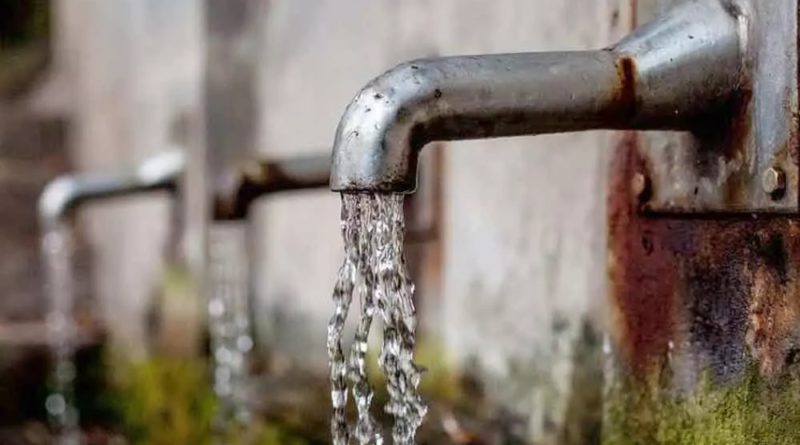Only Mumbai’s Tap Water Safe for Drinking, Delhi’s ‘Undrinkable’
Out of 20 state capitals where the study was conducted, all 10 samples of tap water from Mumbai were found to comply with all 11 parameters, while other cities failed in one or more categories.
The Central government on Saturday released a study on the quality of piped drinking water being supplied in 21 cities across the country. The results show that tap water was “undrinkable” in as many as 13 state capitals, including Delhi.
As part of the study, conducted by Bureau of Indian Standards (BIS) for the Union food and consumer affairs ministry, 10 samples each were collected from 20 capital cities across the country to see if they met the Indian Standard 10500:2012 (Specification for Drinking Water).
Releasing the second phase study, consumer affairs minister Ram Vilas Paswan said, “Out of 20 state capitals, all the 10 samples of piped water drawn from Mumbai were found to comply with all 11 parameters, while other cities are failing in one or more.” In the first phase, the BIS had found all the 11 samples drawn from Delhi did not comply with the quality norm and the piped water was not safe for drinking purpose, he added.
The solution to this problem is to make compliance of quality standards for piped water mandatory across the country. The ministry has written to state governments in this regard, he told reporters.
As per the latest study, one or more samples did not comply with the requirements of the IS in the cities of Hyderabad, Bhubaneswar, Ranchi, Raipur, Amravati and Shimla.
For instance, the sample in Hyderabad failed in one parameter ‘phenolic compounds’ and Bhubaneswar in ‘Chloramines’, while Chandigarh in two parameters ‘Aluminium and Coliform’.
In Chennai, all 10 samples failed in nine parameters like turbidity, odour, total hardness, chloride, fluoride, Ammonia, Boron and Coliform, while all nine samples in Kolkata failed in 10 quality parameters, the study showed.
In the third phase, samples from the capital cities of northeastern states and from 100 smart cities will be tested and their results are expected by January 15, 2020.
In the fourth phase, it is proposed to test samples from all the district headquarters of the country and the results are expected by August 15, 2020.




